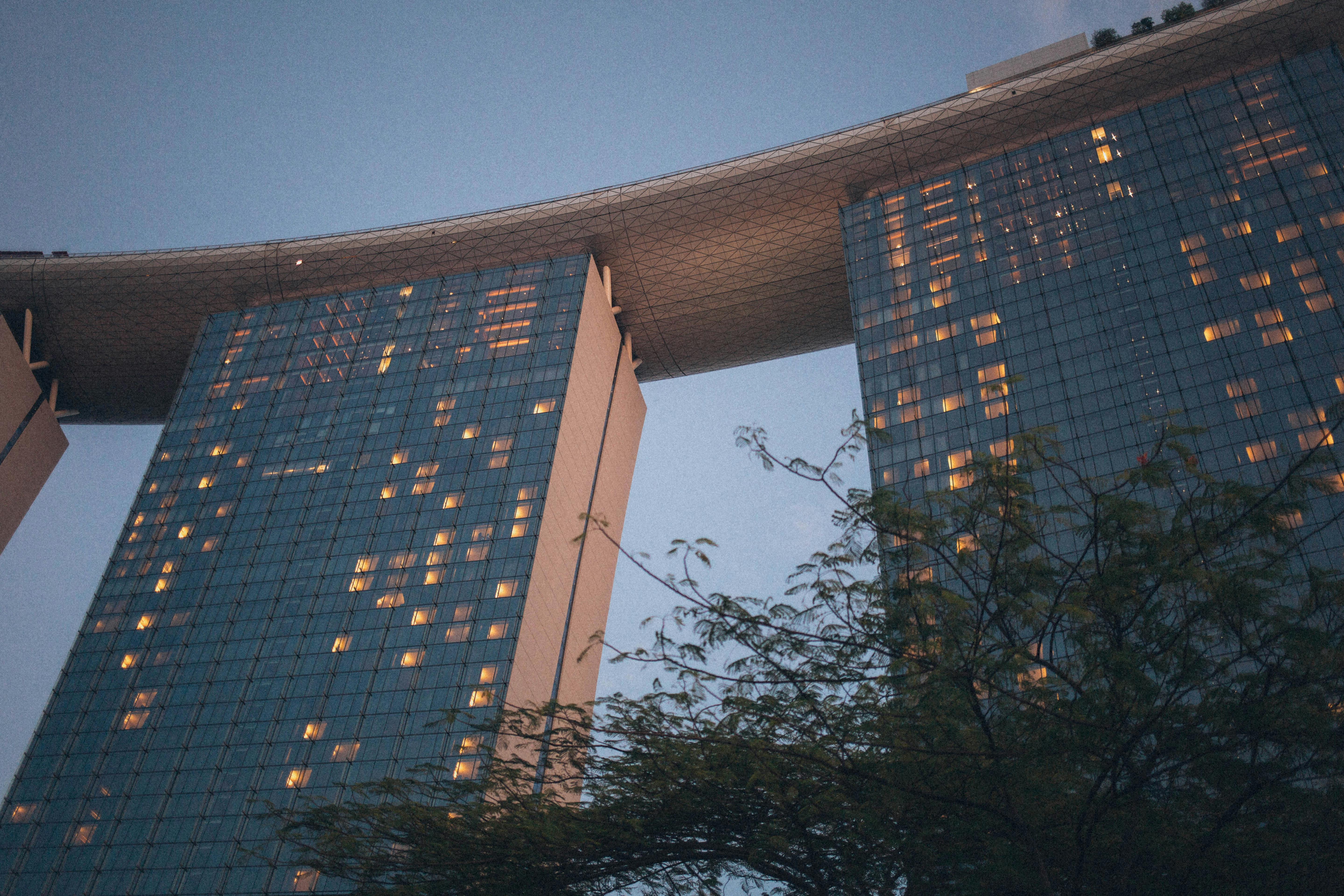TALENTVIS will not solicit fees from job applicants in any form / condition. View more
小心Line詐騙! 請與Talentvis Taiwan官方聯繫查證 詳情
Work-Life Balance in Singapore: Redefining Work Structure for Modern Workforce
by Alifia • Fri, 12 Jul 2024 10:07AM

The growing awareness of work-life balance in Singapore highlights the urgent need for healthier work practices. Discover how Singapore is addressing work-life balance challenges with new flexible work policies and innovative working arrangements.
Singapore has long been recognized as Asia’s most preferred city to work in. According to Jobstreet’s Decoding Global Talent Report 2024, 30% of workers from Malaysia, 22% from Thailand, and 19% from Indonesia are particularly eager to work in Singapore. The quality of job opportunities, quality of life, and factors like income, tax, and cost of living become some of the top reasons.
However, behind these appealing statistics, lies a challenging reality: many employees in Singapore struggle with a poor work-life balance. In 2023, Paul Lim wrote in The Straits Times that many Singaporeans felt overwhelmed by their workload.
Several reports mention that imbalance in the Singaporean working culture often stems from generational differences and difficulty in setting boundaries with supervisors or managers. There is one common sentiment that arises among Singaporean workers: they don’t want to be contacted by their managers after working hours.
Following this issue, Singapore is experiencing a growing demand for a more harmonious work-life balance. A 2023 Randstad survey, cited by TODAY, indicated that more respondents prioritize work-life balance over salary, and according to Tan Ern Ser, a sociologist from the National University of Singapore (NUS), this shift began even before the post-pandemic work norm.
Flexible Work Arrangements (FWA) Policy Push for Work-Life Balance in Singapore
To improve the work-life balance situation in Singapore, the Singapore government through the Ministry of Manpower, created a mandate to implement Flexible Work Arrangements (FWA) following The Tripartite Guidelines that will take effect in Singapore starting from December 1, 2024.
These guidelines provide a structured framework for both employees and employers to navigate the implementation of flexible work arrangements. Employees are encouraged to communicate their needs and preferences to their employers, while employers are expected to consider and accommodate these requests to the best of their ability. This collaborative approach fosters a positive work environment and strengthens the employer-employee relationship.
According to the guidelines, the FWA may fall into one or more of 3 broad categories:
- Flexi-place: Work flexibly from any location.
- Flexi-time: Work flexibly at different times without changing total work hours and workload.
- Flexi-load: Flexibility to adjust to different workloads with commensurate remuneration.
Minister of State for Manpower, Gan Siow Huang hopes that these guidelines will help employees achieve better work-life balance and give employers a competitive advantage in talent attraction and retention. She also believes it will shape norms and expectations around FWA, leading to more inclusive and productive workplaces.
Despite the positive aspects of the FWA policy, some concerns have been raised regarding the guidelines’ effectiveness in addressing the workers’ right to disconnect from work. Creating a right-to-disconnect regulation that suits all job roles and sectors is still challenging.
For example, Lee Swee Siong, vice president of strategy and development at the Association of Small and Medium Enterprises (ASME) Council, says that there is often no clear segregation of work and life for most SME bosses, who run their own businesses. In addition, the guidelines may fall short because it doesn't hold a legal regulation.
Therefore, it is essential for all stakeholders to work together to ensure the successful implementation and adherence to the Tripartite Guidelines to maximize the benefits of flexible work arrangements in Singapore.
Trending Initiatives to Improve Work-Life Balance in Singapore
The increasing recognition of the importance of work-life balance and the impending implementation of FWA guidelines are compelling employers in Singapore to prioritize their employees’ work-life balance. This shift is already underway, and certain initiatives, like hybrid working and the implementation of a four-day workweek policy, have received positive feedback and are being seriously considered.
Hybrid Working
Under the FWA request guidelines, employees can easily request a hybrid work situation instead of working from the office all week. A study by the International Workplace Group found that 80% of respondents reported significant improvements in overall well-being due to hybrid working. Additionally, nearly 86% of workers said this flexibility led to a better work-life balance, contributing to a happier and healthier workforce. The study also found that 81% of workers reported improved mental health with the hybrid working model.
Four-Day Workweek
Besides hybrid working, the four-day workweek is gaining popularity among Singaporean workers. A TODAY article cited an ADP survey, stating that more Singapore employers offer such work arrangements among five Asia Pacific nations surveyed. Some companies, such as Lazywaist Co and DP Dental, have already implemented the four-day workweek.
Employees reported that this four-day workweek improved their work-life balance and made them more disciplined, focused, and productive. Denny Tan, managing director of Grayling Singapore, found that reducing the workweek improved overall business performance, reduced employee absenteeism by 20%, and decreased staff turnover, as he told TODAY.
Final Thoughts
As Singapore navigates the complexities of modern work culture, the push for improved work-life balance is more crucial than ever. The introduction and the government initiatives of flexible work arrangements demonstrate a progressive approach to fostering a healthier, more satisfied workforce. By addressing the need for work-life balance, Singapore is not only enhancing the quality of life for its workforce but also paving the way for a more productive and sustainable business environment.
Recommended for you

Decide the Best Outsourcing Payroll Service for Your Business
Choosing the suitable outsourcing payroll service for your business can be a game-changer for your business operation. It’s effective, error-free, and allows you to focus more on the main business.
Thu, 04 Sep 2025 10:09AM

Stay Motivated While being Unemployed: 5 Inspiring Tips
Job hunting all day, every day, when you are unemployed, is prone to stress and burnout. You might not even land your next job for a long time. Here are several things to do to stay motivated when you are unemployed.
Wed, 16 Jul 2025 07:07AM

Work Policies that Empower Working Mothers and Caregivers
Mothers and caregivers often have to opt out of the workforce because of their many responsibilities. To celebrate International Women’s Day 2025, here are some policies to support working mothers and caregivers in their careers.
Wed, 05 Mar 2025 10:03AM
SUBSCRIBE TO OUR NEWSLETTER
Keep up with our latest jobs notifications, news, and events. No spam, we promise.